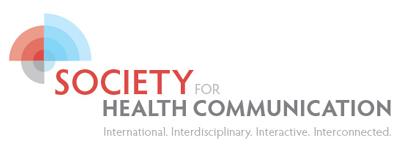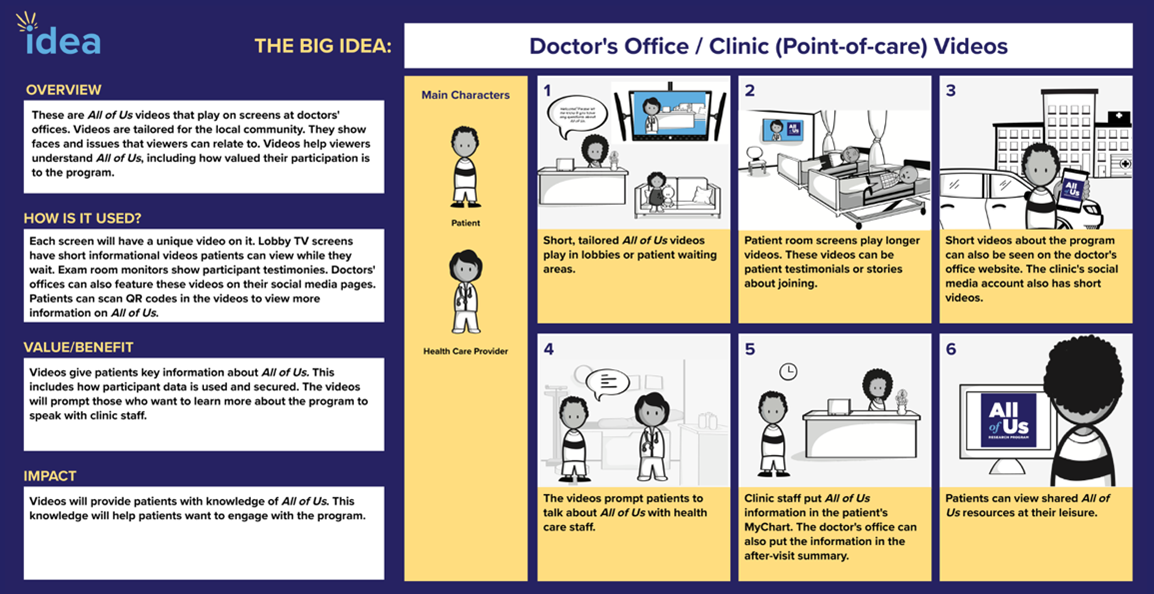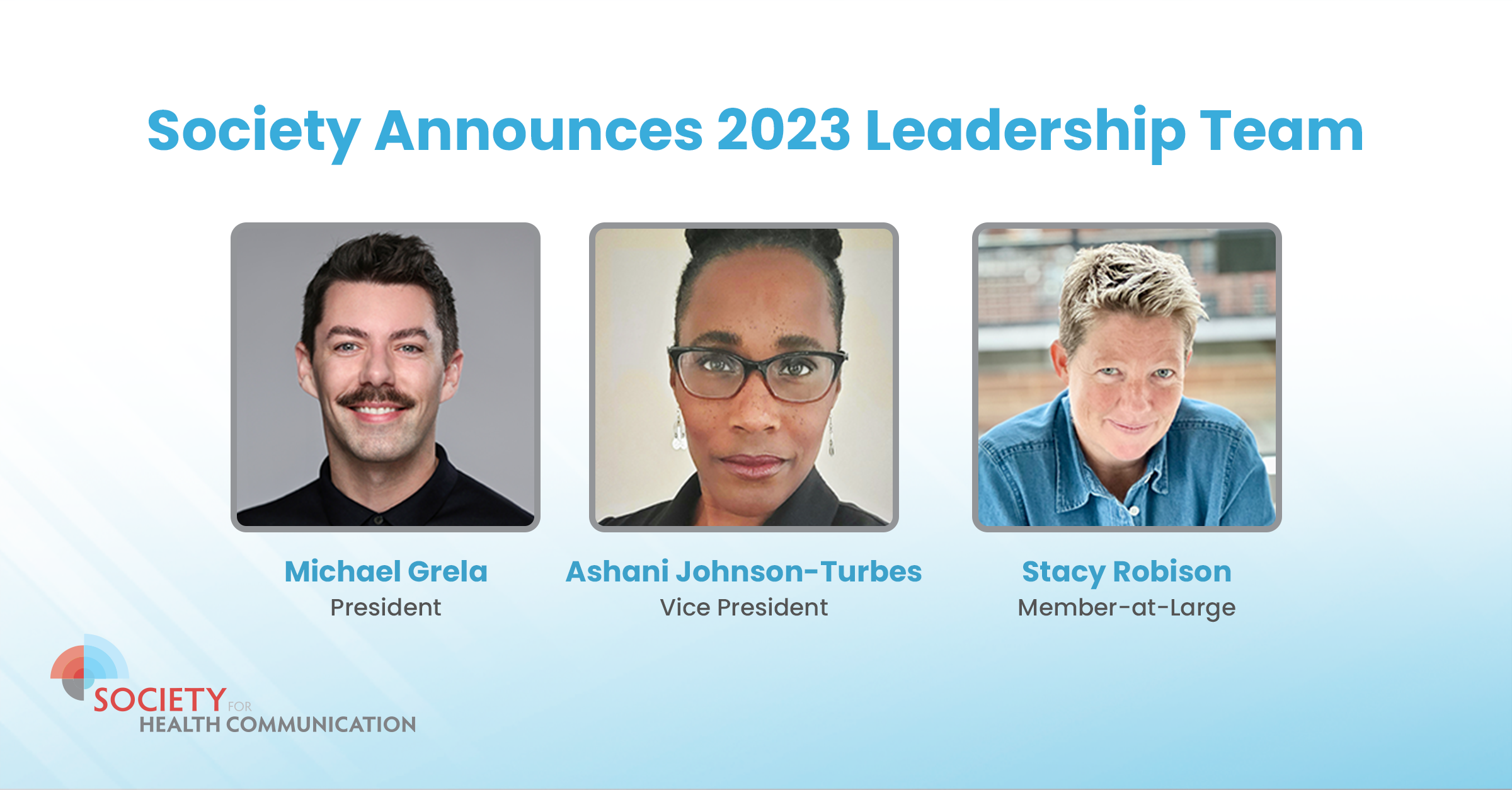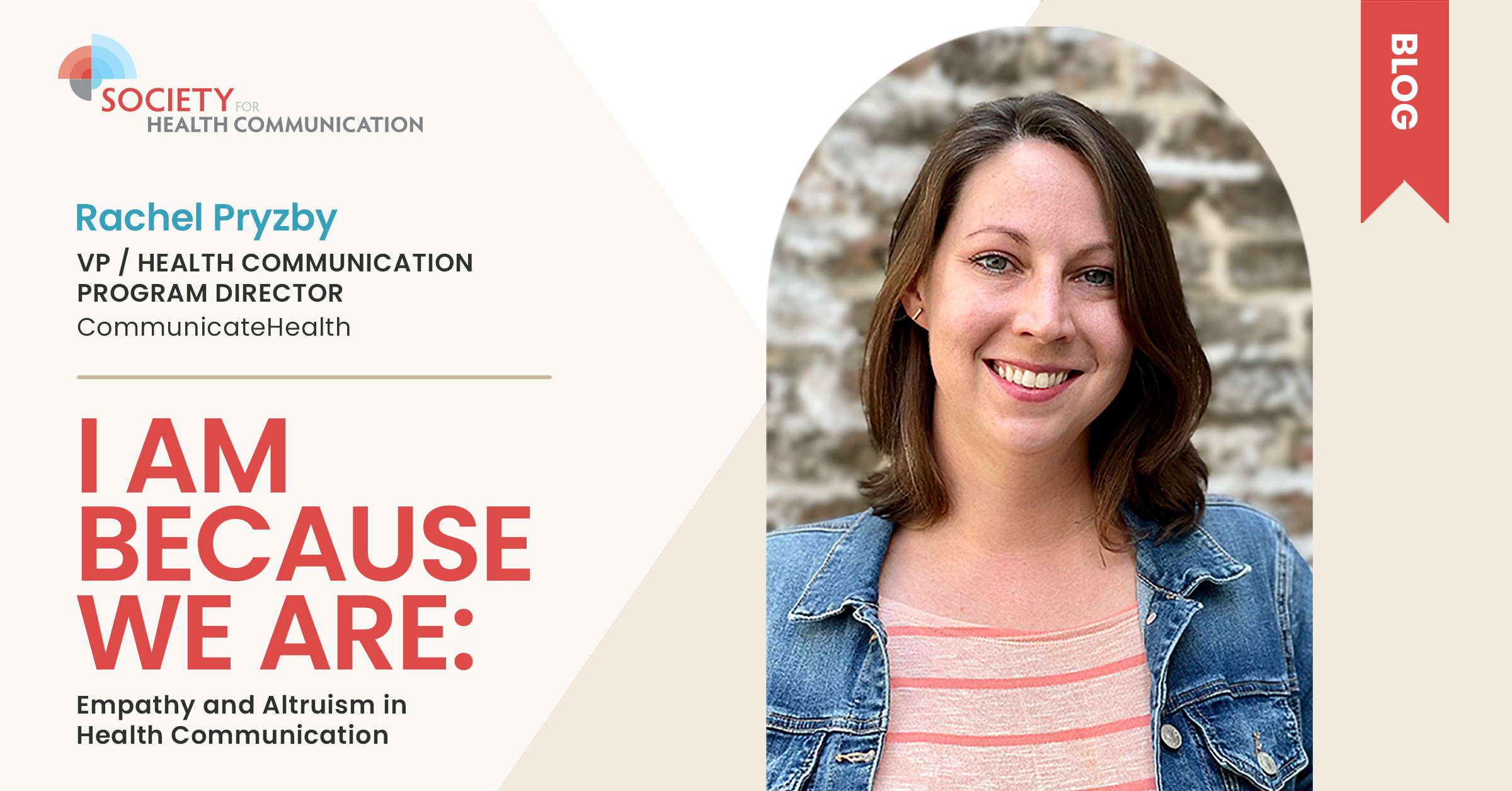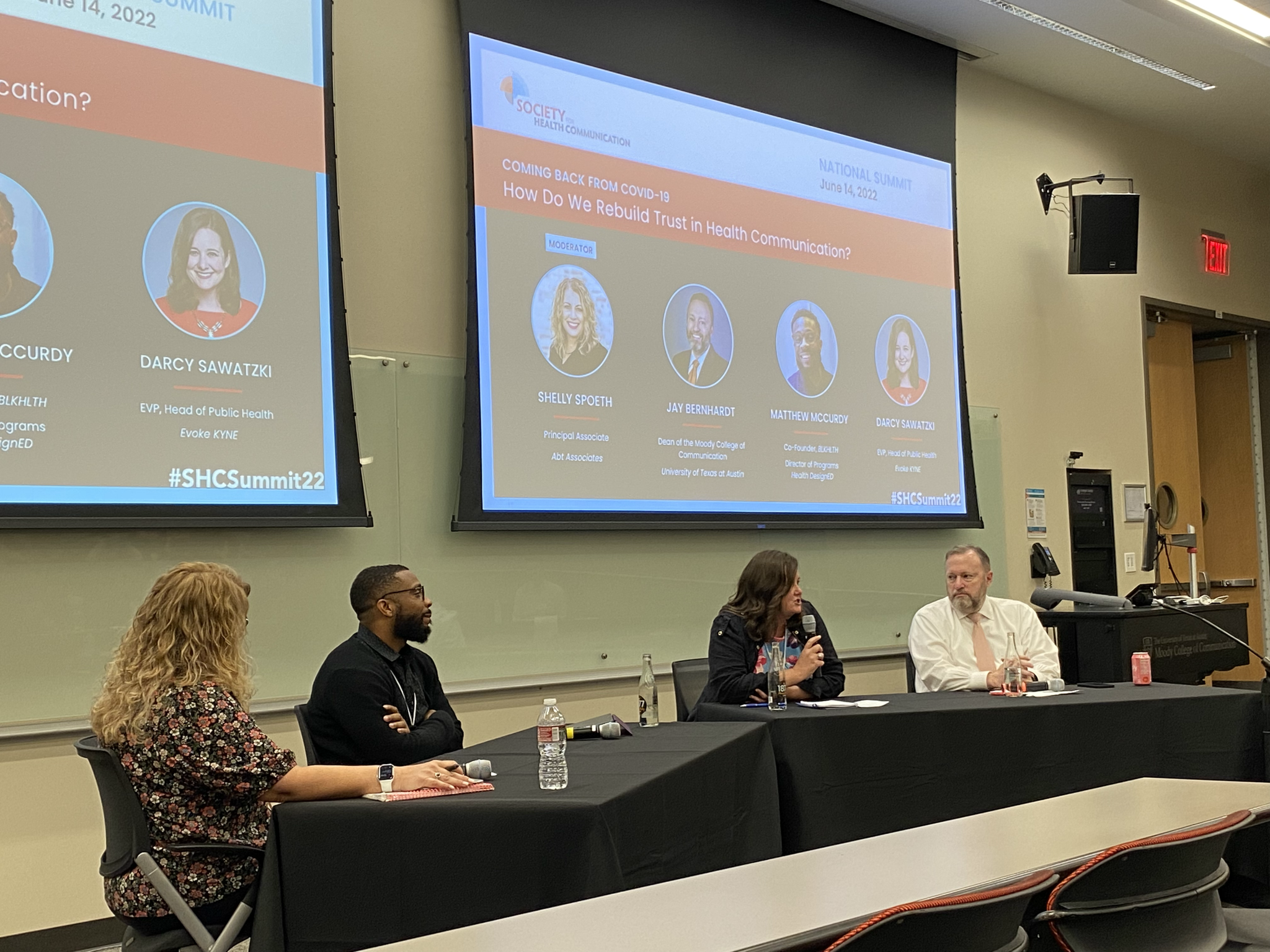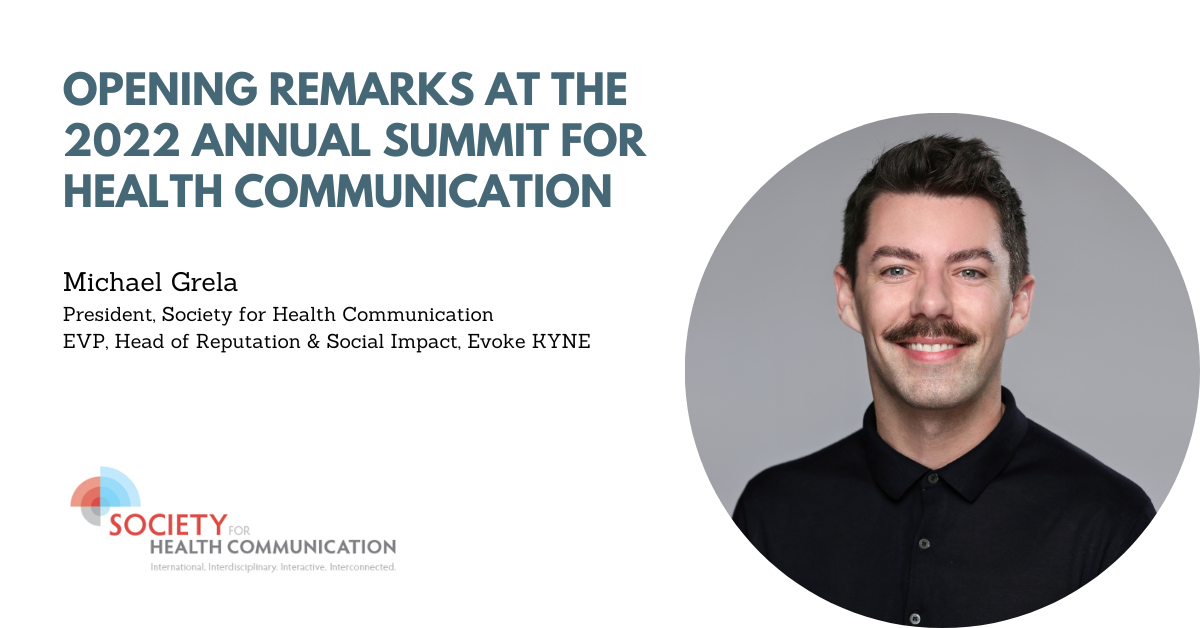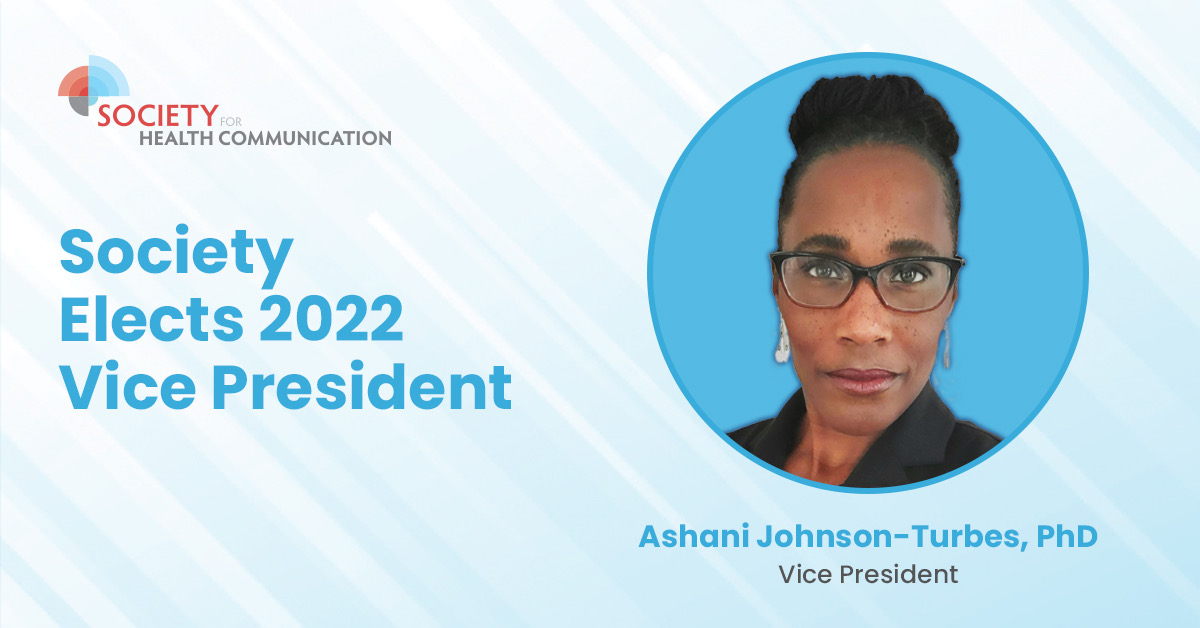Major setback for health communication: National Institutes of Health (NIH) Advancing Health Communication Science and Practice research program paused
September 14, 2023 – The COVID-19 pandemic illuminated the lifesaving role of health communication, especially in times of crisis. Rampant mis- and dis- information and a divisive political climate threaten to undermine this role, compounding the challenges of the pandemic and further impacting public health. Despite the dangers mis- and dis- information present to public health and cross-sector efforts underway to try and mitigate their impact, the National Institutes of Health (NIH) decided to pause a $154 million research program that included the development, testing, and sharing of new approaches for effective and equitable health communication.
According to a recent KFF survey, Americans frequently encounter health misinformation — including false claims about COVID-19 and vaccines, reproductive health, or firearms — and most people struggle to identify false information. The uptake of artificial intelligence (AI) including large language models like ChatGPT have potential to blur the line between fact and fiction even more. The pandemic further highlighted systemic inequities contributing to health disparities. In fact, medically underserved communities including people of color, those who live in rural areas, and individuals who recently immigrated to the United States, are most susceptible to the harms of mis- and dis- information.
“The Society for Health Communication strongly advocates for robust investment and study of health communication, which is critical to ensuring we can effectively understand and address current, emerging and future communication obstacles to public health,” said Michael Grela, President, Society for Health Communication and EVP, Head of Reputation, Public Health & Social Impact, Evoke Kyne. “We must take a collaborative approach to rebuild our nation’s trust in science and public health, providing all people with clear, timely, and actionable guidance to make informed health decisions, and ultimately help advance health equity.”
